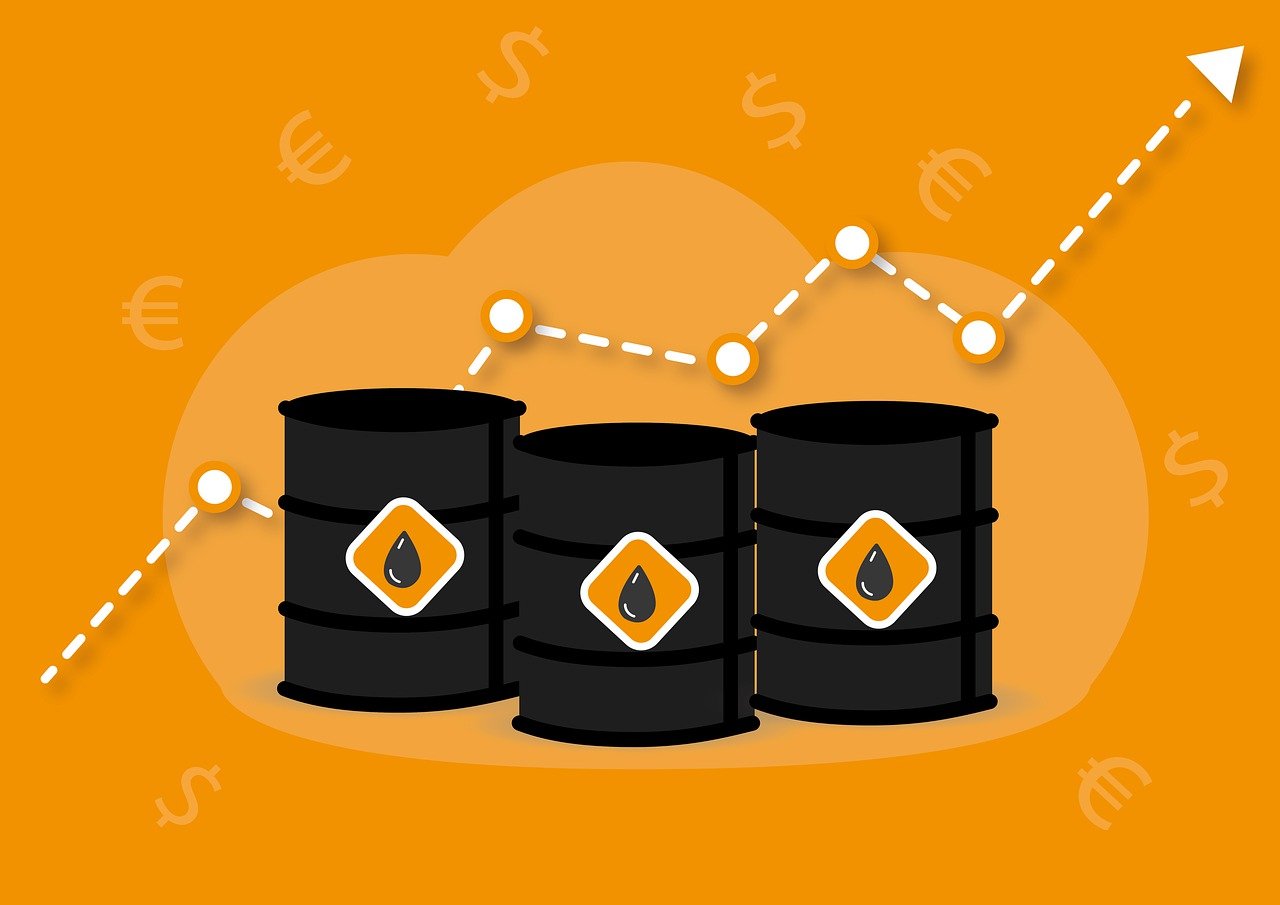What you must want to know about Saudi Arabian oil geant Aramco
Saudi Arabian Oil Company, commonly known as Aramco, is the world's largest oil producer and exporter. Aramco is a state-owned company that has been a
Saudi Arabian Oil Company, commonly known as Aramco, is the world's largest oil producer and exporter. Aramco is a state-owned company that has been a significant player in the global oil industry since the discovery of oil in Saudi Arabia in the 1930s. Aramco's oil production has been the backbone of the Saudi Arabian economy, contributing more than 50% of the country's gross domestic product and more than 70% of its export earnings.
History of Aramco
The history of Aramco dates back to the early 1930s, when an American geologist named Max Steineke and a Saudi Arabian representative named Abdullah Tariki discovered oil in the eastern region of Saudi Arabia. The discovery led to the establishment of the California Arabian Standard Oil Company (CASOC) in 1933, which later became known as Aramco.
In 1950, the Saudi Arabian government acquired a 25% stake in Aramco, and by 1980, it had acquired full control of the company. In 2019, Aramco went public, listing 1.5% of its shares on the Saudi Stock Exchange, making it the largest initial public offering (IPO) in history.
Operations of Aramco
Aramco operates in all aspects of the oil and gas industry, including exploration, production, refining, distribution, and marketing. The company has a significant presence in Saudi Arabia and has oil and gas operations in other parts of the world, including the United States, China, India, and South Korea.
Aramco has an extensive network of pipelines and shipping facilities, including the world's largest crude oil processing facility at Abqaiq and the Ras Tanura oil terminal, which is the largest in the world. The company's downstream operations include the production of petrochemicals, which are used to make a wide range of products, including plastics, chemicals, and fertilizers.
Impact of Aramco on the Saudi Arabian Economy
Aramco's oil production has been the backbone of the Saudi Arabian economy for many decades. The company's revenue has been a significant source of income for the Saudi Arabian government, contributing more than 70% of the country's export earnings.
In recent years, Aramco has been undergoing a transformation, as the Saudi Arabian government seeks to diversify its economy away from oil. As part of this transformation, Aramco has been investing heavily in non-oil sectors, such as renewable energy and technology.
In 2020, Aramco announced that it would invest $10 billion in a new division focused on developing hydrogen fuel, which could be used to power cars, trucks, and other vehicles. The move is part of Aramco's broader strategy to reduce its dependence on oil and gas and move toward a more sustainable energy future.
Environmental Concerns
Aramco's operations have not been without controversy, particularly concerning the environmental impact of its oil production. The company has been criticized for its carbon footprint, with its oil and gas operations accounting for a significant proportion of global greenhouse gas emissions.
In recent years, Aramco has taken steps to address these concerns. The company has invested in carbon capture and storage technology, which can reduce emissions from its oil and gas operations. Aramco has also been investing in renewable energy, including solar and wind power.
In 2021, Aramco announced that it would invest $1 billion in a new initiative focused on reducing its carbon emissions. The initiative will include the development of new technologies and the implementation of new processes to reduce emissions from its oil and gas operations.
Conclusion
Aramco has been a significant player in the global oil industry for many decades, and its operations have had a significant impact on the Saudi

Join the conversation